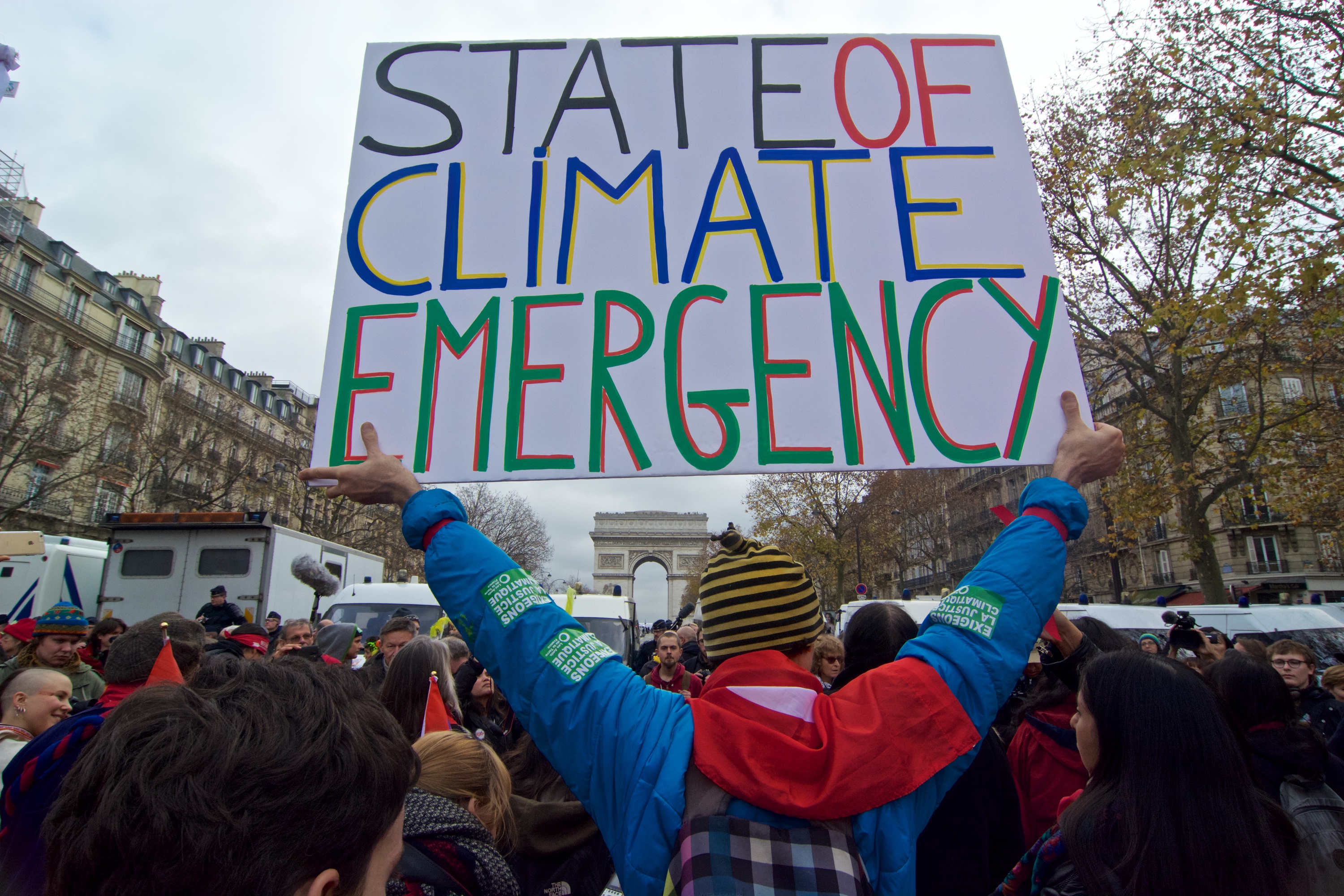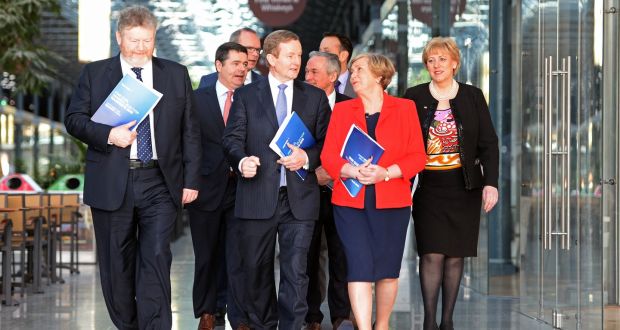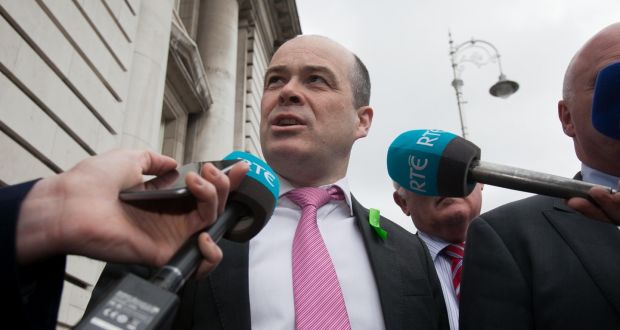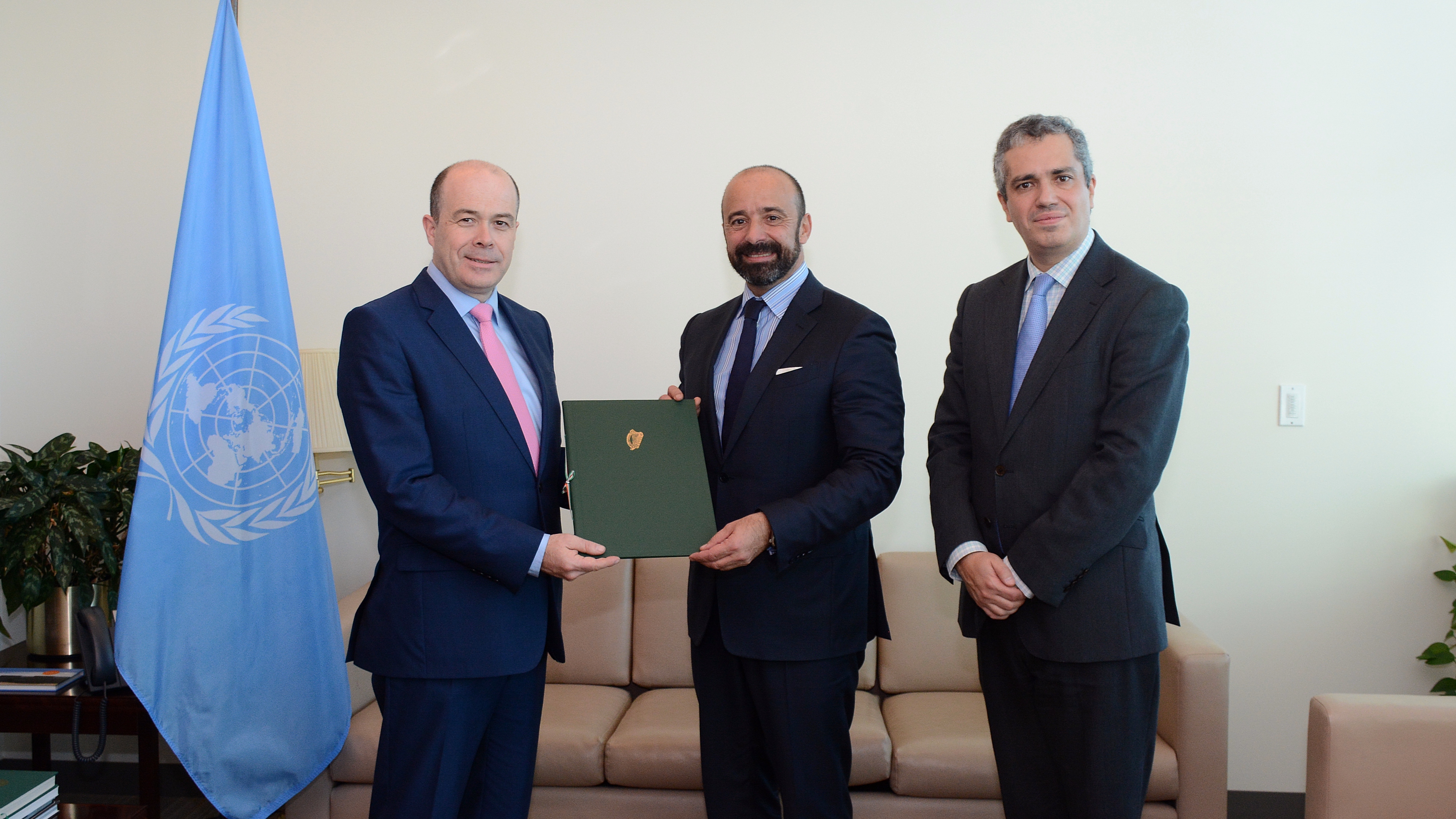Our Climate Bill checklist, revisited

9 October 2020
It’s here. It’s in our (virtual) hands – the long-awaited, much-anticipated, sure-to-be-debated Climate Bill.
Last week, we put together a checklist of some key things to look out for in the Bill. As big fans of a follow-through over here at Green News, we went back over what we had pulled out to see how it fared within the Bill itself.
We also tagged along (again, virtually) to the press conference launching the Bill yesterday afternoon, and we’ll be reflecting on what was said there, too by Minister for Climate Action, Eamon Ryan.
Okay. Let the checklist checking commence.
Did agriculture get a separate target?
Doesn’t look like it.
Remember, as we highlighted last week, the Programme for Government stressed that agriculture has a “special economic and social role” and that its distinct characteristics of biogenic methane will be “fully recognised” in plans to achieve emission reductions over the next decade.
This sentiment had an encore at yesterday’s press conference, as Minister for Climate Action Eamon Ryan reiterated the phrase and noted that “it won’t be possible” to get agriculture all the way down to zero emissions as there will always be “a certain level of biogenic methane”.
Agriculture will, according to Minister Ryan, have to play its part in decreasing its emissions through herd reduction and carbon sequestration, but he believes that this Government can oversee policy that will reduce emissions and improve the livelihoods of farmers.
Did the Bill enshrine a Just Transition?
No. No it did not.
The term did not make an appearance at any point in the Bill, and the absence is a glaring blemish on the Bill for many.
Speaking at the launch, Minister Ryan quoted EU Commissioner Frans Timmersman on the assertion that “there will be no transition unless it is a just transition” and proclaimed that what is outlined in the Bill, “has to be done on the basis of social justice”.
However, despite this rhetoric, the term is notably absent from the document.
On the matter of climate justice, which we flagged in our piece last week, the weak language of “having regard to” climate justice remained, and no further definition or explanation of the term was provided.
Is the new Climate Action Council more diverse in terms of gender and expertise?
So far it seems the Climate Change Advisory Council will retain its name, so whether or not it will be renamed the Climate Action Council is yet to be seen.
In terms of the make-up of the Council itself, three ex-officio members will sit on its ranks and will include the Director General of the Environmental Protection Agency, the Director of Teagasc and the Director of Met Eireann.
The remaining membership will have to be an expert in either climate science, transport, energy, agriculture, behavioural and communication science, biodiversity and eco-system services, economics, finance and/or political sociology or ethics in relation to climate.
It is unclear what is meant by some of these disciplines, but notably there is no clear reference to representation from those most vulnerable to the effects of the climate crisis.
When it comes to gender representation, the Bill reads that there is “provision” to ensure greater gender balance in future Advisory Council members, but does not specify what the gender breakdown will look like for such future Councils.
So to answer the question we posed, it looks like the Council will be more diverse than it previously was, but it still seems to have a ways to go.
Does it talk about a cost-effective approach?
No reference to cost-effectiveness or a “least cost” approach in the Bill – instead it opts for climate action measures that “will be delivered at the best possible value for money”.
Following this line, the Bill says, the approach will maximise “the net benefits to society as far as practicable”.
So societal costs are taken into account to some extent, but we’ll have to follow climate action developments over the coming while to figure out what is exactly meant by “as far as practicable”.
Is there a limit (or elimination) of budget borrowing?
There isn’t a total elimination on borrowing from carbon budgets, but there is a limit.
Not to be confused with anything related to the upcoming national budget, borrowing from future carbon budgets essentially means you can emit more than your allotted carbon budget now if you borrow some carbon from a future budget.
This was flagged as a concern from the get-go by the Climate Change Advisory Council, who said that “potential provisions for borrowing” initially proposed by the last Government needed more detail and a possible cap on borrowing.
That was adhered to and the Government took a leaf out of the UK Climate Change Act and replicated their limit of only 1 per cent of borrowing from any future budgets.
What language was used in talking about actions & delivery?
It’s quite weak.
The phrases “may” and “have regard to” appear consistently throughout the Bill – which is notably less forceful than other terms the Government could have chosen.
Diarmuid Torney pointed out another important language note in an op-ed for the Irish Times today: the state is required to “pursue” the transition to a climate neutral economy, not to achieve it.
This is a considerable downgrade from what was in the 2015 Climate Act and an earlier draft of the Bill published by the last government which stressed that the objective had to be both pursued and achieved.
So what happens now?
Now, the Bill goes to the Oireachtas Committee on Climate Action for pre-legislative scrutiny next week.
Things will be hammered out, debated, and proposed – and we’ll be following it to see how it all unfolds.
[x_author title=”About the Author”]







